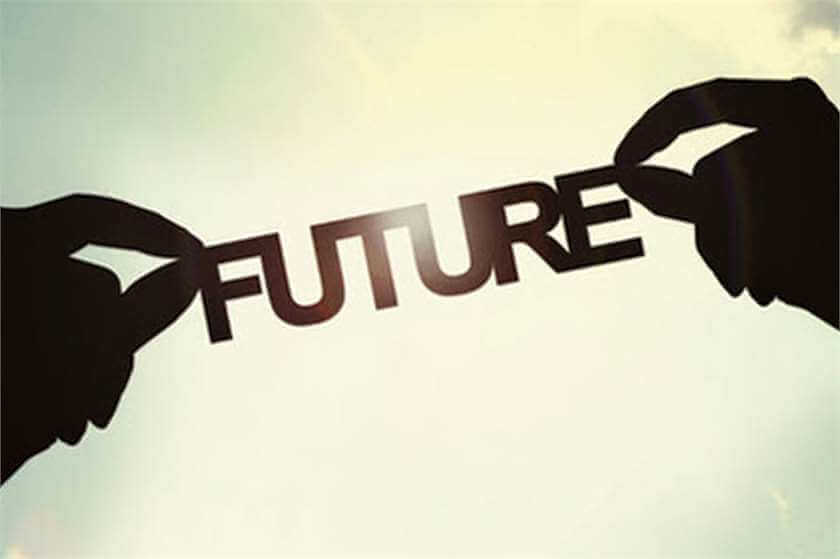As we settle in to the final quarter of 2018 and with 2019 budgets signed off and firmly behind us (hopefully!) what can we expect in 2019.
NB: This is an article from RightRevenue
Well here are my thoughts…
1.Understand the customer journey – distribution is changing
Gone are the days when we can expect our bookings to come through traditional sources or channels. The guest journey and buying cycle has well and truly changed. Of course there are still customers who book through their preferred channels, whether that be traditional travel partners because of corporate agreements; preferred OTA’s because of loyalty programmes; 0r maybe you are one of the lucky hotels that get regular direct bookings but let’s face it, the distribution landscape is changing.
In 2018, we saw the rise of the Meta-Site for the first time. Although Meta has been around for a while, the volume of reservations coming through the likes of Trivago, TripAdvisor and Google HPA definitely made us sit up and listen in 2018. Personally, I believe that customers will eventually see that most of these aggregators offer nothing in the way of value and that the marketing claims are quite frankly, false but I do believe that Google HPA will become more dominant in the market. Google will take on the OTA’s (the very hands that feed them with PPC advertising) and I believe that clever hoteliers should be prepared.
2. Let’s get personal
I and many other hotel authors have been writing all year about how our customers needs are changing (thank goodness!). The days of needing ‘stuff’ for the majority of guests have gone. What our customers really want is an ‘experience’. They want to feel valued at every point of their buying journey and they especially want to feel valued when they are your guest. The clever hoteliers and the ones that really will stand out in 2019 are the ones who already understand this. If your guest stayed before and needed an extra bed, why aren’t you already considering that? If your guest arrives of an early flight, wouldn’t it be great to go that extra mile and have their room ready? Even a welcome card – something personal if you know it’s a special occasion? Games in the room if you know they have children? Concentrate on the little touches and the rewards you reap will be big.
3. Stop working in silos
If you are an owner or a senior manager, 2019 is the year to change – the year to bring your teams together. I have said it many times, but Revenue Managers should ‘Rule The World’. A good Revenue Manager should bring teams together and I don’t just mean Sales & Marketing but I mean all of your teams – Front Office, F&B, Events – anyone who is part of your guest journey. Culture in a business starts at the top, so start with implementing change so that everyone feels part of a team – all on the same page. Remove the need to be in competition with each other and put the guest at the centre of everything. The left hand should always know what the right hand is doing and the best place to start is with Revenue. Revenue Managers should be communicating with each team when they need business; why they need business and the price they need. But conversely, the operational teams need to understand their impact on service – how this influences both your ability to retain business and the rates guests pay. Improve communication and watch not only guest satisfaction improve, but your profit soar too!
4. Let your Revenue Managers become Profit Managers
Hopefully the days of measuring business on ADR/ARR are well and truly behind us. I don’t believe RevPar is a thing of the past but I do believe that ProfPar will become more prevalent in 2019. Go back to basics and understand your cost of sale. There is no such thing as ‘free business’, so evaluate how much your direct channels are actually costing you. Understand how much it costs for a room to be occupied; understand incremental spend and measure it by segment (at the very least). Look at the revenue sandwich. The rate paid is the filling; the cost of sale, including commission/fees/sales costs/marketing costs is the bottom layer of the sandwich and incremental spend is the top layer. Basically: (Rate – Cost of Sale) + Incremental Spend = ProfPar. So how are you doing?
5. Get automated
Thankfully, clever hoteliers now see the need for automation. As an industry we are usually slow to adopt technology, after all, we understand if a chef needs to spend £5000.00 on kitchen equipment to be more efficient but we don’t often understand that our Revenue Manager may need to spend money on technology to help them do their job. If you don’t have a channel manager, get one. If you don’t have a good website, get one. If you don’t have a booking engine that works, change it. If you don’t have a CRM tool, get one. If you don’t have a revenue system, for goodness sake invest in something! Let technology do the donkey work and let your team become strategists! A small amount of expenditure will enable you to reap the rewards (and the chef can wait for his new hotplate!).







